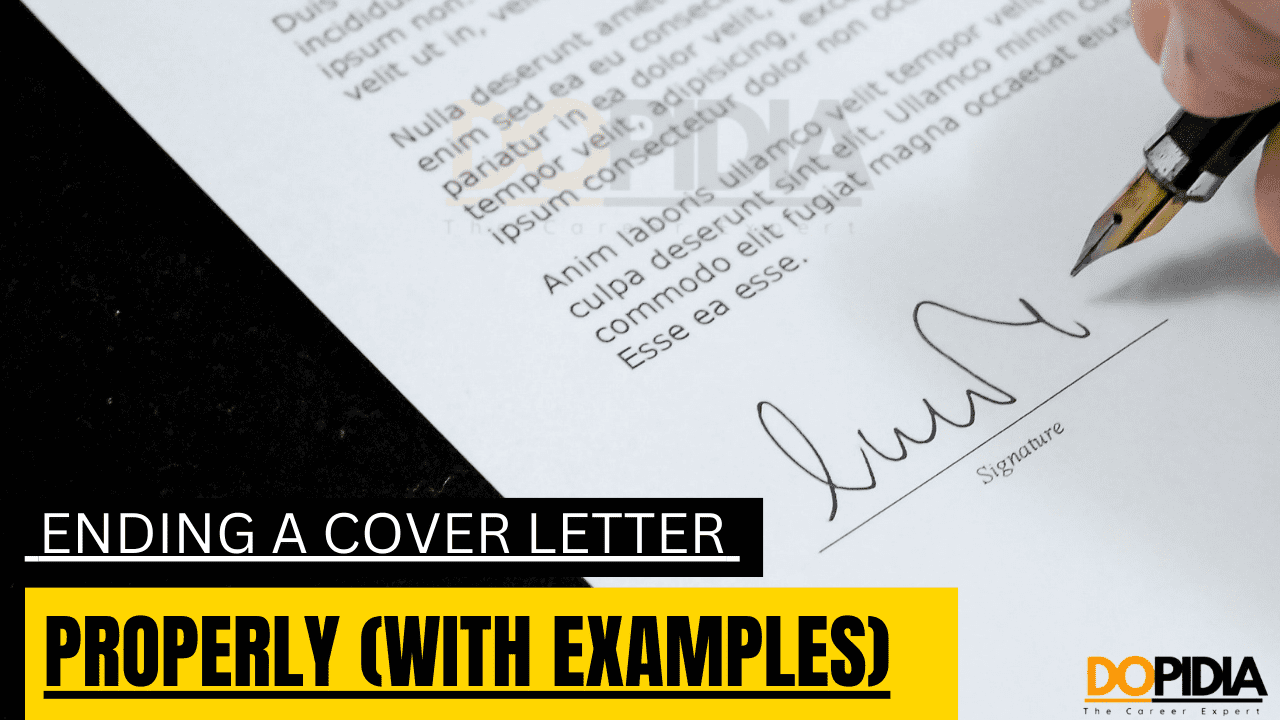What does it mean to be notified?
Warning is an alarming word. A word that raises concern for many, and rightfully so. Warning, in simplified terms, means that your employer is giving advance notice of impending layoffs. In this article, we will explain what a warning is and what it may entail, as well as what you should do if you receive a warning. But let’s start from the beginning.
What is notice?
If an employer plans to dismiss more than five employees in the same county, they must issue a warning. This means that the employer is planning for layoffs and submits a notification of this to the trade unions and the Employment Service. The notification must clearly state the reason for the downsizing, the planned timeframe, and the scope.
There are regulations regarding how far in advance an employer must issue a warning, and it depends on the number of employees being warned. If 5-25 people are being warned, they must be informed at least two months before the termination. For 26-100 people being warned, the notification must be given at least four months in advance, and if over 100 people are being warned, it must be done at least six months before the planned termination.
Warning does not only mean that an employer gives advance notice of layoffs. It can also refer to a trade union warning its members to go on strike. This occurs when the union negotiates wages and conditions for its members and their demands are not met. They may then threaten to go on strike to achieve their demands.
Doesn’t necessarily lead to termination
So, a warning is a notice of business cutbacks that may affect you. However, it doesn’t mean that you will lose your job when you receive a warning. There are several reasons why it might not happen. For instance, the planned cutbacks may be withdrawn, and the warning will cease. If you are terminated due to lack of work, you have the right to be reassigned to a similar position before being laid off. Alternatively, you may be put on temporary layoff instead of being terminated.
Termination
If you do get terminated, it won’t happen until after labor negotiations have taken place between the union and the employer. The order of termination is based on seniority, and you will receive a written notice of termination from your employer. The seniority rule states that the employee with the shortest tenure at the company is the first to be terminated, and then it follows in order based on how long employees have worked at the company. As the saying goes, “last in, first out.”
What happens if you lose your job?
Losing your job is usually a very unsettling process. Whether you have worked at a company for fifteen years or five months, it’s never pleasant to involuntarily leave. It can be morally and mentally challenging. Continuing to go to work and perform well can be difficult when you know you have been laid off, and it’s just a matter of time before you become unemployed. Mentally, it’s tough to think about your finances worsening and having to find a new job. Depending on what you do and where you live, it can be more or less challenging to find a new job.
Six tips for those who have been notified
Here is some advice for you who have lost your job
1. Start Job Hunting Right Away
If you have been terminated, you should begin searching for a new job as soon as possible. Here on Indeed, there are plenty of options to explore, and hopefully, you can find a new job soon. You don’t need to wait until your first day of unemployment to start looking for the next opportunity. Get started right away by writing a CV and a cover letter. With a bit of luck, you might find a job quickly and not even experience any unemployment gap between your old and new job.
2. Register with the Employment Service
On your first day of unemployment, register with the Employment Service (Arbetsförmedlingen) so that you can receive unemployment benefits from the unemployment fund (a-kassa). This will provide you with a certain level of compensation for the days you are not working while actively seeking a new job. The amount of compensation you receive depends on the specific unemployment fund you are a member of and whether you have private unemployment insurance or not.
3. Prepare Yourself Mentally
Being unemployed can be mentally challenging. You may worry about your finances, and the uncertainty of when you will find a new job can be burdensome. Additionally, there is a social stigma associated with unemployment. It can be tough not to have anything meaningful to fill your days with and relying on benefits. However, try not to see it that way. You have paid into your unemployment fund, so you are entitled to compensation as long as you are actively job hunting.
4. Stay Active
Staying physically active can also help you mentally. We don’t mean you have to start going to the gym and become the next Arnold Schwarzenegger; simply getting some exercise and fresh air can improve your well-being. Exercise or taking walks can calm your mind and release dopamine in your body, making you feel better. Take care of yourself and have confidence that a new job will come your way.
5. Apply for Everything You Can
Initially, you will probably apply for a similar position to the one you were terminated from, which is entirely natural. However, now you also have an opportunity to explore other possibilities. Perhaps your skills and experience could be utilized in different roles and professions? If you’re uncertain, you can contact a job coach who can help you discover new opportunities and provide support on your journey to your new job.
6. Consider Career Change
If you’re applying for everything you can, but things aren’t moving forward, you might consider getting more education or even a complete career change. If you choose to learn a new profession, do thorough research beforehand to ensure there is a job market for your new career. You don’t want to end up in the same situation again, facing termination due to lack of work.
Finally
Remember that a notice of redundancy does not necessarily mean you will lose your job. Much can happen between receiving the notice and the planned start of the layoffs. If you do get terminated, start job hunting as soon as you can. With some luck, you might transition from one job to another seamlessly. If you become unemployed, register with the Employment Service and start looking for jobs. Being unemployed can be mentally challenging, so do what you can to take care of yourself, both mentally and physically.




